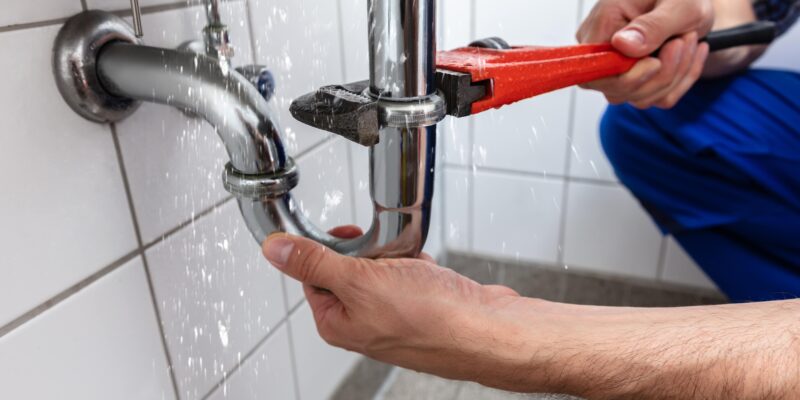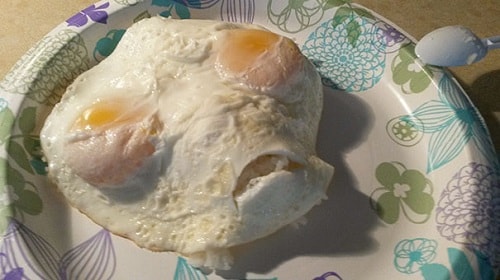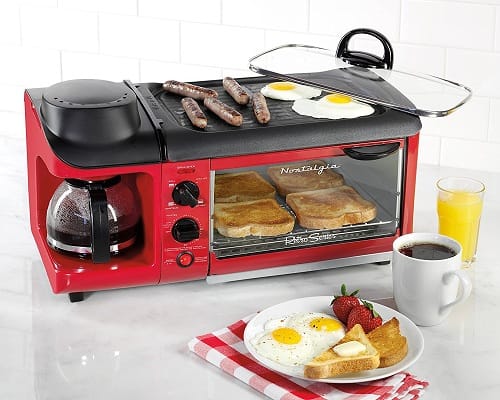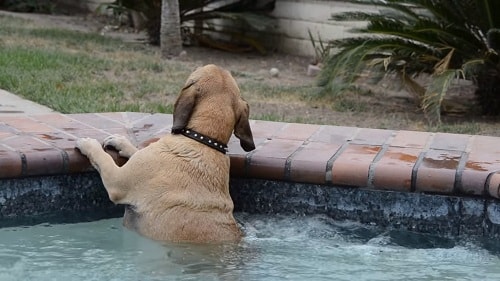A home’s plumbing system can be delicate and, thus, needs regular maintenance. Plumbing issues are unavoidable; therefore, it’s not guaranteed that regular maintenance will keep them away. Regular maintenance checks and repairs will help minimize the chances of spending a lot to fix significant plumbing issues.

Anyone can easily do most of the maintenance tasks on their own, but it’d be a great idea to hire a professional plumber in Lowell or one from your locality for more serious issues. For the mean time, here are some useful plumping maintenance tips you can follow:
- Keep A Maintenance Schedule
This is about noting down how often you’ll be checking, cleaning, and repairing broken parts of the plumbing system, like cleaning out rust or dirt from the pipes. You can hire a professional to check your plumbing system yearly. The plumber will inspect all system components, including pipes, faucets, drains, toilets, and water pressure. This way, you can find minor issues before they become significant problems, which will cost you a lot of money to fix.
- Find Water Leaks
Statistics show that households lose about 10,000 gallons of water from leaks. If the leaks are not fixed, more water will be wasted, resulting in high water bills.
To find out if there are leaks, hold using water for about two hours and mark the readings at your meter before and after the set time. You can detect a leakage somewhere if the meter reading changes after two hours. Find all possible areas that can leak, like faucets, pipes, and other water appliances, such as washing machines and refrigerators. Once you see a problem, fix it if you can, or call a plumber before it becomes a significant problem.
- Use The Toilet Only For Its Purpose
Apart from waste and toilet paper, don’t flush down any other stuff, like hair, cotton swabs, or sanitary products. Such items will clog the system. If it happens, you’ll need to spend a lot of money to get a plumber to unclog it. You can avoid such problems by being responsible and, for instance, putting a trash bin in the toilet wherein you can throw the items that shouldn’t be flushed down.
- Have An Idea Of Where All Primary Valves Are Situated
Knowing where the valves are found will help you to, for instance, switch off the water supply in case of a crisis, like a burst or disconnected pipe. Seek to know all drainage lines so that you have an appropriate plan for regular cleaning or removal of dirt whenever there’s clogging.
- Inspect The Water Pressure
Both high and low pressures are a disadvantage. The high pressure causes overworking of the system, such that pipes and other fixtures wear out too early. On the other hand, low pressure could result from clogged pipes or worn-out parts of the plumbing system. Have a plumber come and check the system in your home and fix any pressure problem, whether high or low. You can also install a pressure-reducing valve to reduce high pressure to a safe level.
- Regularly Clean The Gutters
As much as gutters aren’t part of your home’s plumbing system, cleaning them up will keep away water problems, like sipping into the house because of clog. It’s advisable to clean the gutters in early spring and late summer, or whenever there’s dirt, especially in areas with pine trees that continuously shed off.
- Clean The Water Heater
You need to flush your water heater once a year to remove mineral sediments that collect at the bottom of the tank, causing noise whenever water bubbles up through a thick layer of dirt. The buildup of deposits makes the tank rust out. Alongside flushing the water heater yearly, replace or change the anode rod after five years.
- Cover Plumbing Elements
Covering the exposed parts of your plumbing system protects them from damage, while enabling them to work effectively and efficiently. Covering pipes that are exposed to cold, either because your home is situated in a chilly area or the pipes are mounted on exterior walls, can help prevent the water from freezing. Likewise, covering hot water pipes prevents heat loss, thus, maintaining low utility bills. You can use foam pipe wraps or pipe sleeves secured with duct tape to cover the pipes.
Conclusion
Plumbing issues are inevitable. It’d be costly to ignore minor plumbing issues in your home, like leaking pipes or clogged drains, because they’ll soon become complex emergency problems. Take advantage of the plumbing tasks you can comfortably handle to keep your plumbing elements in good shape. But, also, don’t forget to contact professional plumbers for more serious issues that are beyond your capabilities.





